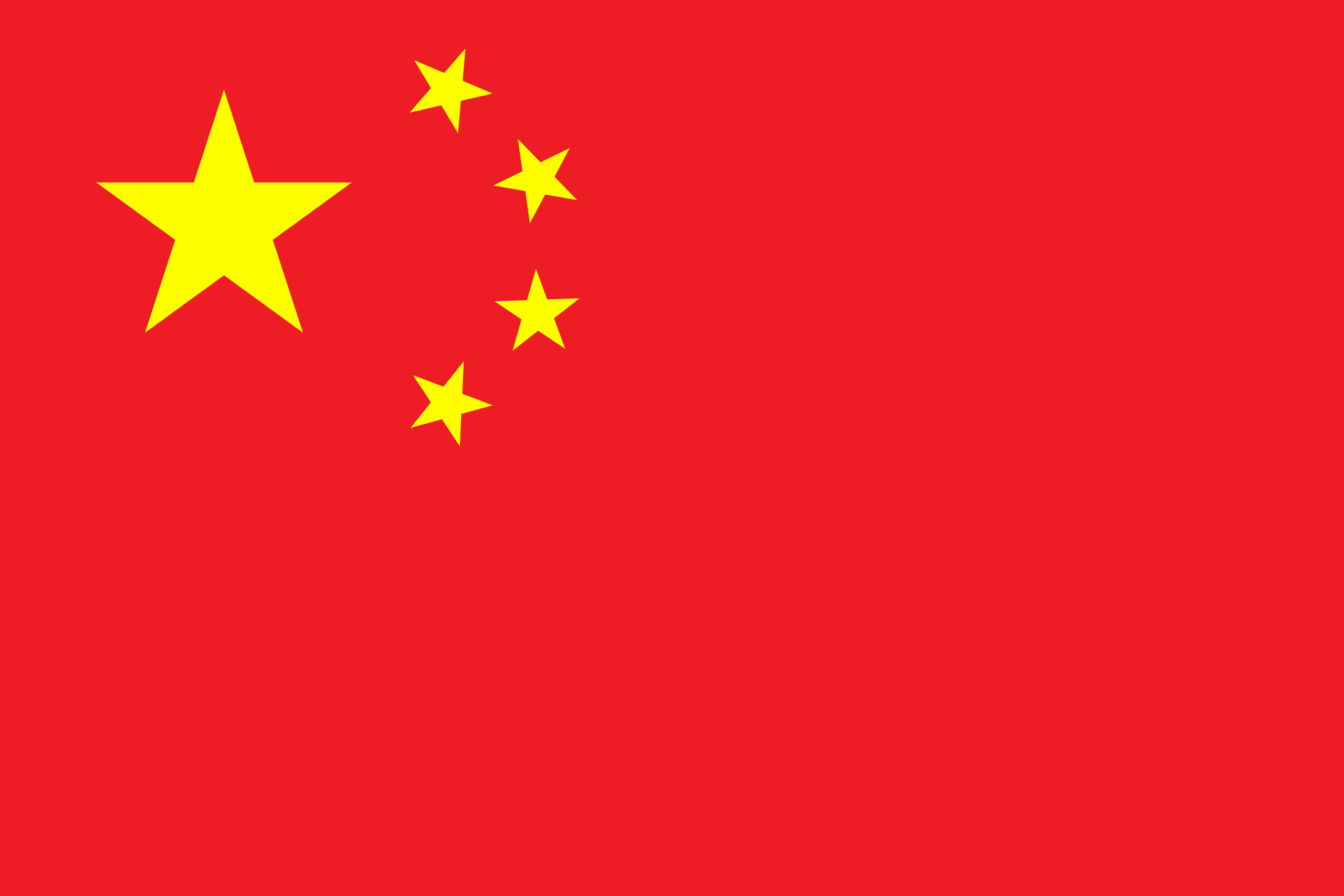Farkhor Air Base (An Indian Airbase in Tajikistan)
06 May 2020
Farkhor Air Base (An Indian Airbase in Tajikistan)
Scholarship Description:
Farkhor Air Base (An Indian Airbase in Tajikistan) is open for . The scholarship allows level program(s) in the field of taught at . The deadline of the scholarship is .
Farkhor airbase is an Indian Airbase located in Farkhor/Ayni in Tajikistan,130 kilometres (80 miles) south east of the capital Dushanbe. It is the only Indian military base situated in a foreign country and just 2 km from the Tajik-Afghan border. The agreement between India and Tajikistan for the base was signed in 2003 and ratified in late 2004. It stipulates the presence of the Indian Air Force and Indian Army to be permanently stationed there, and ward off any external threat to the country's security. Work on the base commenced immediately and the air base is now in full operational readiness since early 2007. Details of the composition of the base are not known but it is speculated that Indian military matériel acquired from Central Asia might be stationed there. Almost seventy percent of India's arms are procured from Russia and former Soviet republics.History
In 2001, the Indian military opened a 25-bed hospital at the base at Farkhor to treat Afghan Northern Alliance members injured in fighting with the Taliban, including military leader Ahmed Shah Massoud, who was rushed there after the suicide attack against him. After the September 11 attacks, Tajikistan offered its bases, including Farkhor, to the United States in its war against terror. The Indian military hospital unit was relocated inside Afghanistan with the progress of Northern Alliance forces. The U.S. had initially shown interest in the base, but that did not proceed any further. (See also Karshi-Khanabad and Ganci air bases.)
The following two paragraphs apparently deal with Ayni Air Base near Dushanbe, not with Farkhor Air Base near the Afghan border. Further verification required
Reports began circulating in April 2006 that the Indian air base at Farkhor in Tajikistan was operational. Both Indian and Tajik officials issued immediate denials, but they did admit that India had been renovating the base since 2002. When fully operational, the Indian base is expected to host 12 to 14 MiG-29 fighter bombers, according to various reports.
The exact origins of the offer of the Farkhor base to India are not clearly known, but the Indian Ministry of External Affairs passed on the offer to the Ministry of Defence, headed by then Defence Minister George Fernandes who seized on the opportunity. The agreement was signed by former Indian Prime Minister Atal Bihari Vajpayee and Tajikistan President Emomali Rahmon during Vajpayee's visit to that country in 2002. Tajikistan and India share close relations, with the Tajikistan President visiting India many times. Common issues between the two nations include peace, security and stability to the region around Afghanistan. India has also invested in hydroelectric power and is a major donor to Tajikistan.
The Farkhor Air Base gives the Indian military the required depth and range in seeking a larger role in South Asia and is a tangible manifestation of India’s move to project its power in Central Asia, a policy goal formally enunciated in 2003–2004. The potential implications of this base go far beyond the Indo-Pakistani rivalry on the subcontinent. Pakistan President Pervez Musharraf, has raised his concern to the Tajik government on the fact that Indian planes can reach Pakistan within minutes. The Farkhor Air Base represents a major element in India’s efforts to promote stability in Afghanistan, and to enhance New Delhi’s ability to get oil both in South Asia and Central Asia.
Degree Level:
Farkhor Air Base (An Indian Airbase in Tajikistan) is available to undertake level programs at .
Available Subjects:
Following subject are available to study under this scholarship program.
previous
Achievement Scholarships for International Undergraduate Students: Engineering and Information Technology, University of Technology Sydney



